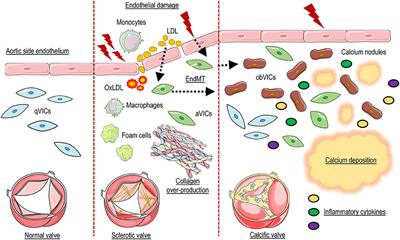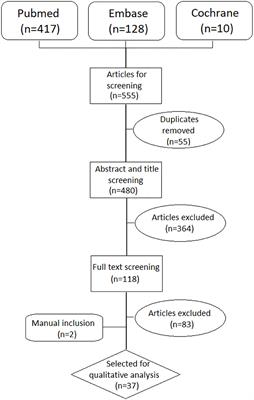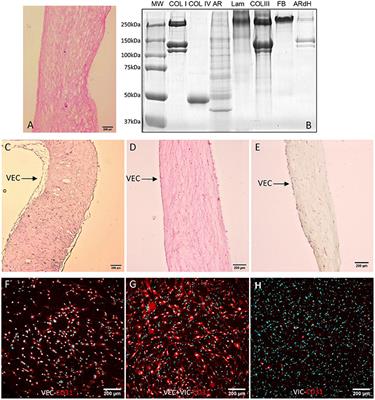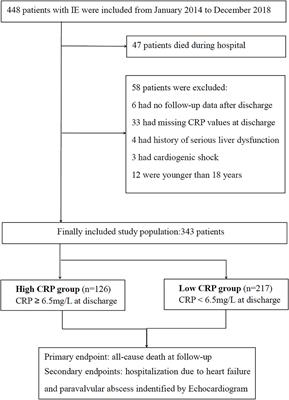EDITORIAL
Published on 11 Apr 2022
Editorial: Inflammation, Metabolism and Epigenetics in Valvular Heart Disease
doi 10.3389/fcvm.2022.880015
- 795 views
4,533
Total downloads
15k
Total views and downloads
EDITORIAL
Published on 11 Apr 2022
REVIEW
Published on 06 Jan 2022

SYSTEMATIC REVIEW
Published on 24 Sep 2021

ORIGINAL RESEARCH
Published on 12 Aug 2021

ORIGINAL RESEARCH
Published on 09 Aug 2021
